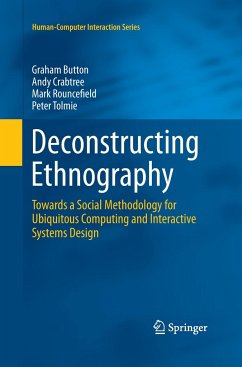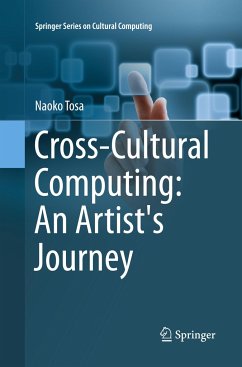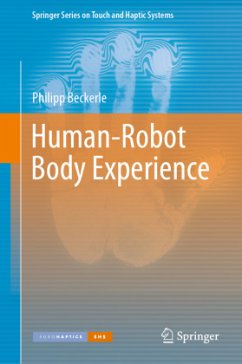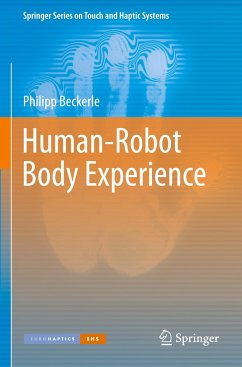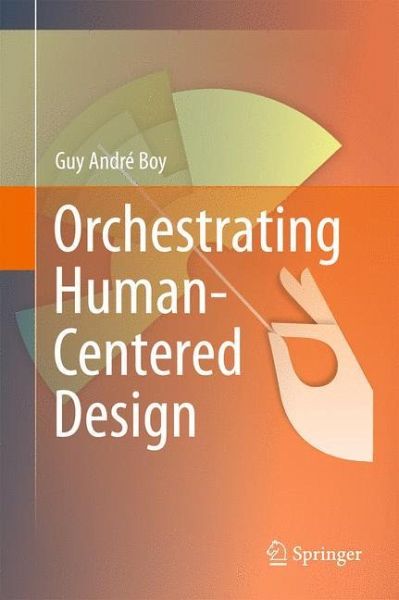
Orchestrating Human-Centered Design
Versandkostenfrei!
Versandfertig in 6-10 Tagen
38,99 €
inkl. MwSt.
Weitere Ausgaben:

PAYBACK Punkte
19 °P sammeln!
The time has come to move into a more humanistic approach of technology and to understand where our world is moving to in the early twenty-first century. The design and development of our future products needs to be orchestrated, whether they be conceptual, technical or organizational. Orchestrating Human-Centered Design presents an Orchestra model that attempts to articulate technology, organizations and people. Human-centered design (HCD) should not be limited to local/short-term/linear engineering, but actively focus on global/long-term/non-linear design, and constantly identify emergent pr...
The time has come to move into a more humanistic approach of technology and to understand where our world is moving to in the early twenty-first century. The design and development of our future products needs to be orchestrated, whether they be conceptual, technical or organizational. Orchestrating Human-Centered Design presents an Orchestra model that attempts to articulate technology, organizations and people. Human-centered design (HCD) should not be limited to local/short-term/linear engineering, but actively focus on global/long-term/non-linear design, and constantly identify emergent properties from the use of artifacts.
Orchestrating Human-Centered Design results from incremental syntheses of courses the author has given at the Florida Institute of Technology in the HCD PhD program. It is focused on technological and philosophical concepts that high-level managers, technicians and all those interested in the design of artifacts should consider. Our growing software -intensive world imposes better knowledge on cognitive engineering, life-critical systems, complexity analysis, organizational design and management, modeling and simulation, and advanced interaction media, and this well-constructed and informative book provides a road map for this.
Orchestrating Human-Centered Design results from incremental syntheses of courses the author has given at the Florida Institute of Technology in the HCD PhD program. It is focused on technological and philosophical concepts that high-level managers, technicians and all those interested in the design of artifacts should consider. Our growing software -intensive world imposes better knowledge on cognitive engineering, life-critical systems, complexity analysis, organizational design and management, modeling and simulation, and advanced interaction media, and this well-constructed and informative book provides a road map for this.





